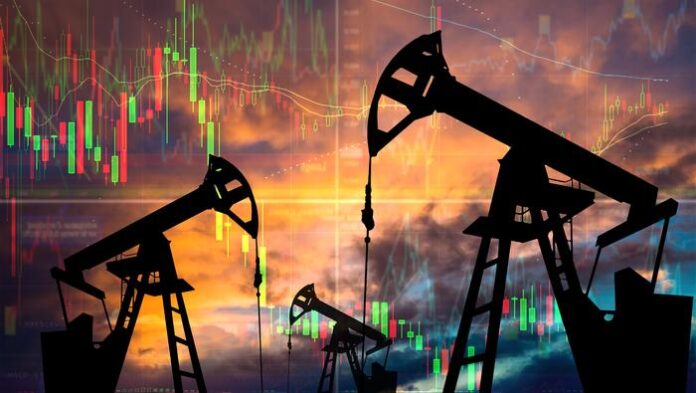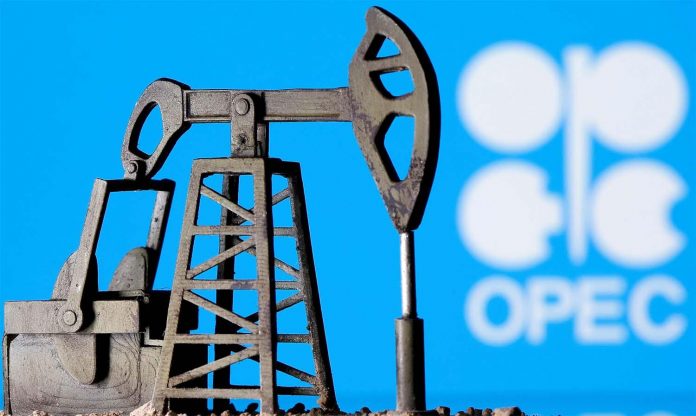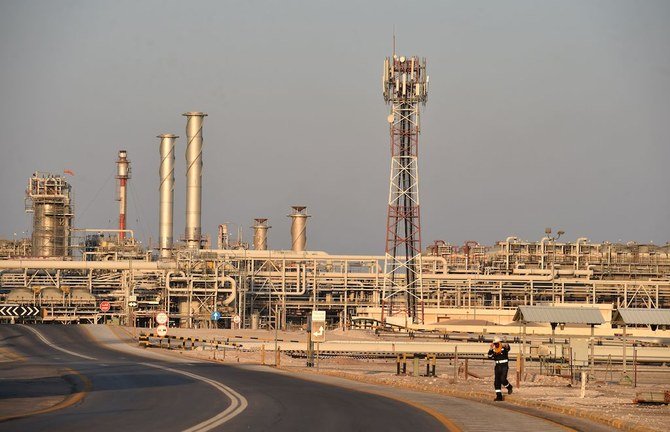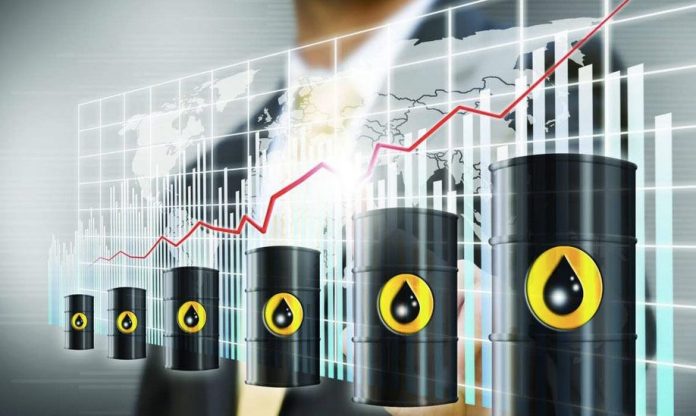Oil prices are vigorously impacted by traders who invest in oil future contracts in the commodities market depending on their market interest speculation. Future contracts and oil derivatives are traded every day, which eventually impacts the oil price. It makes the value of oil fluctuate since everything relies upon how trading goes in a day.
Oil is the most volatile commodity, considering the factors that impact its price. If you are thinking about investing in oil or oil derivatives, it assists with understanding what factors drive the price of oil and how traders, governments, and consumers impact it.
Demand And Supply

The law of market interest is an essential principle in oil financial aspects and a central point with regards to price. Demand quantity refers to the amount of a good a buyer desires, whereas supply indicates the amount of a product that is accessible. The connection among market interests influences the prices of commodities, including oil. Here are a couple of instances of how the organic market work:
High supply and low demand result in low prices: When the supply of a product expands, the cost goes down. However, when the cost goes down, the demand goes up because customers need to pay a lower price, and as a result, they would want to purchase more goods. For instance, if a farmer produces more corn than he can sell, he will bring down the cost to attempt to dispose of the excess corn. When clients acknowledge they can buy corn at a meager value, they will demand a more considerable amount of it.
Low supply and high demand result in rising prices: When there is an excess demand for a product, the inventory will come up short. As a result, if the suppliers will not have enough goods to meet the consumer’s demand, they would obviously charge a higher price. However, once the sellers start charging a higher price, the demand diminishes because individuals would prefer not to pay high prices for the product. Eventually, prices will fall once demand goes down. For instance, if all the customers need to buy a similar toy as a gift and there are relatively few toys accessible, the price will go up. However, once the price exceeds the buyer’s threshold, and they don’t have any desire to pay a higher price, the cost of the goods will go down.
Equilibrium as the objective: The market attains equilibrium when the measure of accessible supplies rises to the demand. For instance, if an equilibrium is reached between the market interest of oil, traders can expect stable oil prices.
Oil trading is profitable if you have enough knowledge about the market. If you want to trade oil, visit this site for some great opportunities and strategies to invest in the oil sector.
OPEC

OPEC, the Organization of Petroleum Exporting Countries, comprises 13 nations that export oil. Cartel in this occurrence implies that the nations within OPEC have met up to direct oil price by controlling reserves.
OPEC has done this because, even though oil is a limited asset, numerous nations approach their oil fields and methods for producing their own way. As a result, OPEC was instituted to ensure against a race to the bottom in terms of price. Oil-producing nations formed the cartel to control the monopoly of one country over the others. Along these lines, OPEC was framed to direct oil production through quantities, which guarantees individuals get a reasonable price for their oil regardless of whether this implies delivering less temporarily. In 2018, OPEC nations consented to restrict production to around 39 million barrels of crude oil each day, over 33% of worldwide regular crude oil production.
OPEC used to hold an impressive impact on the price and supply of oil. It was proven in 1973 when the supposed ‘oil emergency’ saw worldwide crude oil prices almost fourfold as OPEC limited inventory to various nations. As of late, OPEC has warned that the oil market could be going towards an excess because of the extension of the American deep oil drilling industry. The news has prompted OPEC’s impact to reduce somewhat recently.
Replacement Fuels
Because of the expanding demand for less polluting fuels and the more proficient production strategies for alternative fuels, these are turning into an undeniably lucrative substitute for crude oil. This expanding use of alternative fuels influences the demand for crude oil and, subsequently, the value of crude oil. Alternative fuels are likewise supported by various nations, which give tax relaxations to vehicle drivers that have a less harmful impact on the climate. This way, the demand for alternative fuels increases, bringing about declining demand for crude oils.
Political Factors

Political disruptions on the planet’s greatest oil-producing Middle East nations like Saudi Arabia, Iran, and the United Arab Emirates [UAE] have impacted the oil market throughout the long term. With a reduction in supply from these nations, oil costs influence the world’s economy in a more significant number of ways than one.
Another extraordinary illustration of what governmental issues mean for crude oil prices was seen in the 2002 political strikes in Venezuela. They influenced significant oil producer’s provisions, causing an increase in crude oil prices because of differences with demand.
The latest example, when Trump pulled out of the Iran Nuclear Deal and re-established sanctions on Iranian oil exports, crude oil prices hit a three-and-a-half-year high, impacting the world demand.
Conclusion
If you want to trade oil, you must be aware of the factors that affect its price. As a result, if you are keen on predicting its price, focus on aspects that can affect oil value directly. It can include any potential decisions to be made by OPEC members that can create a slug in its supply worldwide or any law which could affect the fracking industry or upgrade the sustainable fuel area. Its cost is tied vigorously to legislative issues and the choices made by world pioneers and governments, and this is particularly evident right now with the eventual fate of the business being so uncertain.










